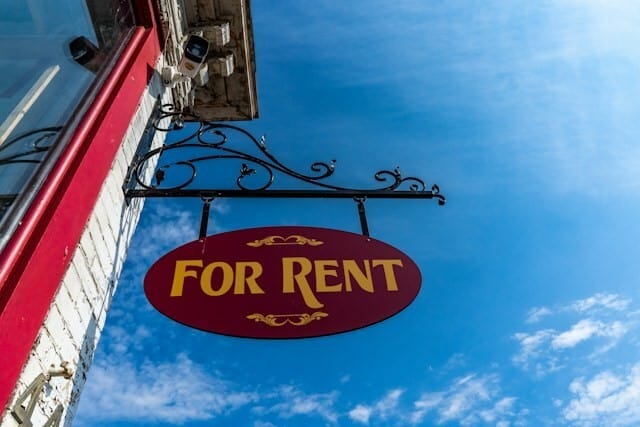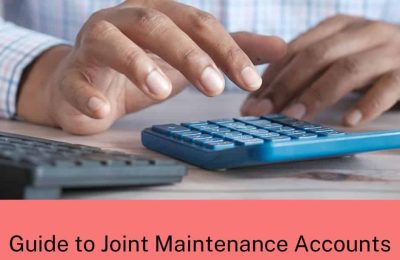Renting a property in the UK comes with a set of rights and responsibilities that both tenants and landlords must adhere to. Some 19% of people in the UK are in rented property, and 15% of all households in Scotland are rented, making the experience fairly common and the need to understand rights even more pertinent. Knowing your rights isn’t about ‘catching’ your landlord out with any discrepancy – it’s about fostering a healthy landlord-tenant relationship that ensures a secure living environment. We’re exploring your most crucial rights and obligations as a tenant in the UK.
Right to a Safe and Habitable Home
One of your fundamental rights as a tenant is the right to live in a property that is safe and fit for habitation. Your landlord is obligated to ensure that the property meets health and safety standards in the UK. This includes a number of important and common issues such as dampness, electrical hazards, and any other potential dangers. Any of these unsafe conditions can lead to injury to you as a tenant, so it’s imperative to take the matter seriously if you find anything like this developing upon moving in. That said, you can’t be expected to behave as a qualified risk assessor, which leads to our next point.
In the unfortunate event that you sustain an injury due to dangerous or unsafe conditions within the rented property, you have the right to seek compensation. This is obviously a serious matter that should be handled diligently by you as an affected party. Consulting with a solicitor is advisable, as they can guide you through the legal process of pursuing a personal injury claim against your landlord, where your landlord is likely to already have some legal avenue available to them. They also will likely be more than willing to fight back on a claim if they can.
A good starting point is to document the property’s issue and any medical coverage. Keep detailed records of medical expenses, treatments, and any impact the injury has on your daily life, too. From obvious physical risks to issues like black mould that can affect your health, the goal is to secure compensation equal to the treatment you require or the impact it’s had on your life.
As a tenant, while there can be risks, you have the responsibility to report any issues with the property promptly. Whether it’s a leaky roof, faulty wiring, or a broken boiler, reporting problems allows your landlord to address them swiftly and it’s something you’re expected to do as a tenant. However, if the landlord fails to rectify these issues, it’s crucial to take appropriate action to safeguard your well-being.
Right to Privacy
Tenants also have the right to privacy within their rented homes. Landlords must provide notice – typically 24 hours or more – before entering the property, except in emergencies. This is a key right you have and any landlord attempting to enter at their leisure can be turned away at the door. Keep this in mind and don’t be intimidated, you’re protected by law.
Responsibilities for Rent and Maintenance
It’s not the most enjoyable part of renting, but paying rent on time is a fundamental obligation as a tenant, and a landlord will secure this obligation in writing when you move in. Additionally, you are responsible for ‘minor’ maintenance tasks, such as changing light bulbs and keeping the property clean. This can often cause confusion or disputes between the two parties, as it’s something of a grey area. One way of looking at it is that anything minor that you fail to replace at the end of a tenancy can be deducted from your final deposit, and this can mean higher costs for something simple you could have sorted out yourself. However, major repairs and maintenance fall under the landlord’s responsibilities, and it’s best to report as much as you can to the landlord quickly to avoid these issues.
Being aware of your rights and obligations as a tenant in the UK is vital for a harmonious living arrangement. If faced with unsafe conditions that lead to personal injuries, it’s essential to approach the matter diligently, and seek legal advice rather than going it alone. Ultimately, a clear understanding of these rights and responsibilities contributes to a positive and secure renting experience. Failing to make any effort can mean paying a lot more in the long run and not receiving fair treatment as a tenant.












